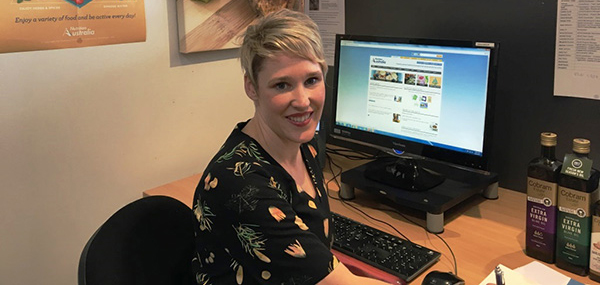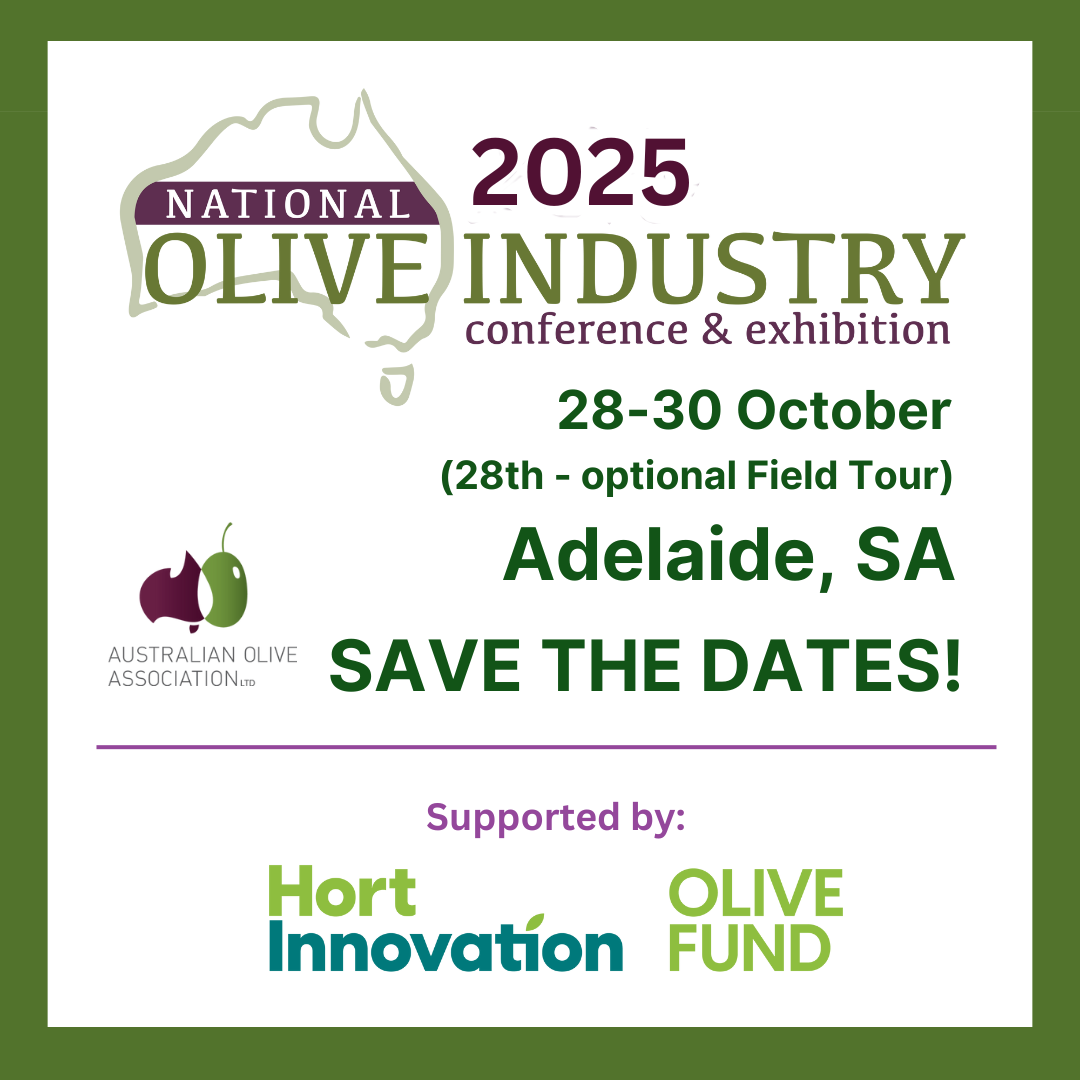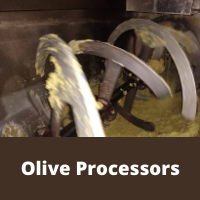
Beth Scholes, senior dietitian with Nutrition Australia’s Victorian division, says there’s been an ‘amazing’ response from the TAFEs involved in the project.
Three prominent Australian chefs will be filmed next month explaining how to maximise the flavour and freshness of local extra virgin olive oil (EVOO) in cooking, for videos that will become part of the TAFE curriculum in Victoria and New South Wales.
The videos are the second phase of the Olive oil food service program (OL16004) project, a strategic levy investment under the Hort Innovation Olive Fund. The two-year project is being delivered by Nutrition Australia in tandem with Hort Innovation to increase awareness of Australian EVOO and produce educational tools for the food service industry.
Late last year interviews were conducted with chefs from a range of food service outlets including fine dining restaurants, cafes, institutional retail and catering and pubs, to gain an insight into how Australian EVOO is used and the factors that drive its purchase and consumption.
Beth Scholes, senior dietitian with Nutrition Australia’s Victorian division, said the interviews revealed that whilst most chefs do use and value EVOO and perceive it to be a high-quality product, they use it in small amounts and for specific culinary purposes.
“Our next step is to educate trainee chefs about the benefits and uses of Australian EVOO to counter some of the misconceptions and expand knowledge in the food industry,” said Beth.
“From mid-year the three chef videos will be included in the curriculum of four NSW and Victorian TAFE colleges offering Certificate III in Commercial Cookery, which means they’ll reach at least 80-100 students.
“The videos will feature Ian Curley (French Saloon), Nicky Riemer (Belotta South Melbourne) and Matt Dawson (St Kilda venues) as well as Leandro Ravetti from Boundary Bend estate, talking about the properties and benefits of Australian EVOO.”
Beth says there’s been an ‘amazing’ response from the TAFEs involved, with teachers very supportive of the project.
Students will be asked to complete an online questionnaire after their course to assess whether their knowledge and awareness of Australian EVOO has increased.
“There’s definitely scope to educate young chefs about the value which comes with the quality of local EVOO: the versatility of the oil, that in fact it can be heated and it maintains flavour, as well as highlighting how it’s produced, the best way to store it and identifying its best before date,” said Beth.
“I think the common misconception is that you can’t cook with EVOO, that it’s more for salads or served fresh, and that the flavour is the same for all extra virgin olive oils, whereas we know the flavour is different. It can be altered by the freshness of the oil and there are a lot of factors that contribute to the taste, and that’s what the students will learn.”
The feedback of experienced chefs as well as students of commercial cookery will be incorporated into an education program that includes infographics and fact sheets, which will also be posted for the public on the Australian EVOO Everyday website (australianextravirgin.com.au).
Next year the project will move into its final phase, developing a webinar for olive growers to provide insights into the use of EVOO in the food industry and options for aligning their production to food trends.
This project has been funded by Hort Innovation, using the olive research and development levy and contributions from the Australian Government. Hort Innovation is the grower owned, not-for-profit research and development corporation for Australian horticulture.



